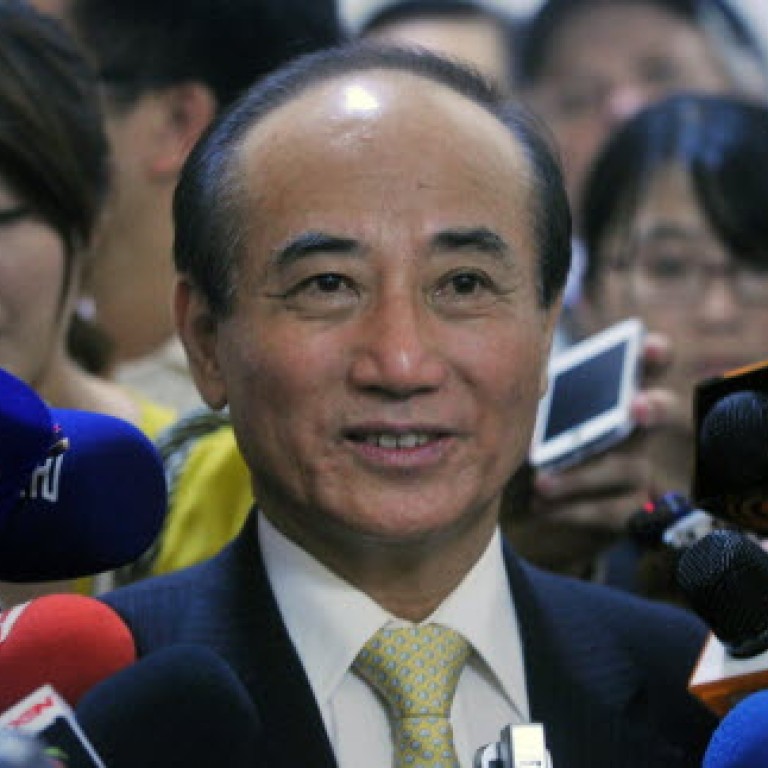
Taiwan must quickly heal rift within Kuomintang
The expulsion of legislative speaker Wang Jin-pyng from the ruling Kuomintang party has plunged Taiwan into a political crisis with worrying ramifications. Not only has it raised fears of a deep split in the KMT that could alienate voters, but its fallout has engulfed the island's young democratic institutions.
The expulsion of legislative speaker Wang Jin-pyng from the ruling Kuomintang party has plunged Taiwan into a political crisis with worrying ramifications. Not only has it raised fears of a deep split in the KMT that could alienate voters, but its fallout has engulfed the island's young democratic institutions. President Ma Ying-jeou triggered the crisis with an extraordinary attack on Wang, a long-standing party rival. Ma sought Wang's removal over alleged influence-peddling and disregard for judicial independence in a scandal that has already brought down the justice minister.
Wang denies he asked the minister and a top prosecutor not to appeal against the acquittal of an opposition lawmaker in a breach-of-trust case. He said taped phone calls cited in evidence against him were made only to remind justice officials not to abuse the appeals process. Party elder Lien Chan, former chairman and vice-president, has criticised Ma's condemnation of Wang while he was out of the country.
Ma's attack on such a senior - and widely respected - member of his party and head of the parliament was highly unusual, and the allegation of meddling with judicial independence is extremely serious. If party leaders do not handle the issue well, it is not only the party's reputation and internal unity that is at stake at a time of low poll ratings and economic woes. The executive, the legislature and the justice system also have become involved. Ultimately, public confidence in the independence of the judiciary, which is fundamental to Taiwan's maturing democracy, is at stake.
The KMT has done much during its five years in office to develop economic co-operation and integration with the mainland, while maintaining the political status quo. But there is also a recent history to internal feuding and disunity which helped the pro-independence Democratic Progressive Party win office in 2000, ushering in eight years of tension and confrontation with the mainland.
Wang is a long-standing rival of Ma. As speaker he has agreed to opposition demands for a review of a proposed trade co-operation pact with the mainland, which is now stalled in parliament. His removal might help get it moving, but at what cost in terms of unity? Ma has taken a big political risk. If history is not to repeat itself in disunity and defeat, possibly putting at risk progress in cross-strait relations, the opposing sides must set about healing the rift before it runs too deep.

